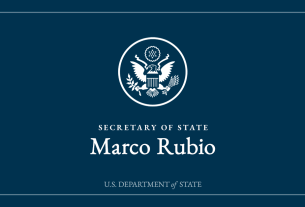Apple has formally moved to challenge India’s revised antitrust regime, warning that the new rules could expose the company to penalties of up to $38 billion. The legislation, recently amended by New Delhi, allows regulators to calculate fines based on a company’s global revenue rather than domestic earnings, significantly raising the stakes for multinational corporations.
Apple’s Objection
According to Reuters, Apple argued that the law unfairly magnifies potential liabilities by tying penalties to worldwide turnover, despite alleged violations occurring only within India’s market. The company maintains that such a framework could deter foreign investment and create disproportionate risks for global firms operating in the country.
Regulatory Context
India’s Competition Commission (CCI) has been expanding its oversight of Big Tech, investigating practices around app store policies, digital payments, and market dominance. The revised law is part of a broader effort to strengthen enforcement powers and align India’s competition framework with international standards.
If applied, Apple could face fines amounting to 10% of its global revenue, a figure that analysts estimate could reach $38 billion based on recent earnings.
Industry Implications
The challenge underscores growing tensions between multinational tech companies and regulators in emerging markets. India, one of Apple’s fastest‑growing markets, has become a focal point for disputes over digital competition, consumer choice, and fair market practices.
Legal experts note that the outcome of Apple’s challenge could set a precedent for how India enforces competition law against foreign firms, potentially reshaping the regulatory landscape for the wider tech sector.
Outlook
As the case proceeds, Apple continues to expand its footprint in India, including new retail stores and manufacturing partnerships. However, the looming fine risk highlights the delicate balance between market opportunity and regulatory exposure for global tech giants operating in the country.
Sources: Reuters · Economic Times · Business Standard



